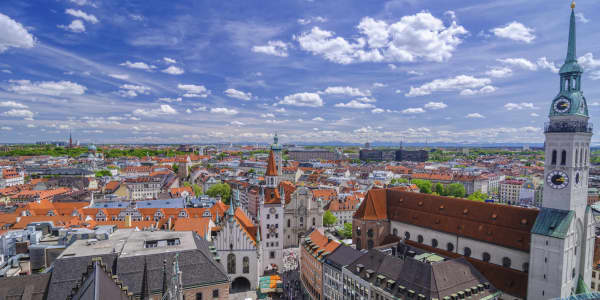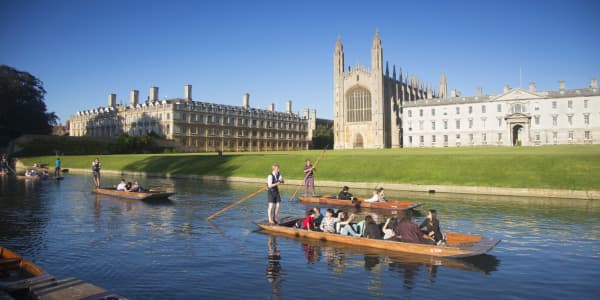For many Brazilians, seeing their team crushed 7-1 by Germany in the World Cup semi-final was a national disaster.
"Today was the worst day of my life – but life goes on," said Luiz Felipe Scolari, the national team's manager who resigned last week. "I am responsible for this catastrophic result. I made the choices. I was responsible. We ask for forgiveness. To the people, please excuse us," he added.
Despite failure on the pitch and mass protests off it against perceived government corruption and vast overspend, Brazil is undergoing a period of transformation. Public infrastructure projects, a young population, the 2016 Olympics and this summer's World Cup point to one thing: the largest country in Latin America's rise from regional to global player.
However, one part of the country that hasn't seen such a transformation is its vast state education system. According to the Organization for Economic Cooperation and Development, in 2010 Brazil's average expenditure per student in secondary education was $2,571, well below the OECD average of $9,014.
Read MoreOur schools are changing – how?
Innovation in Brazilian education is, nevertheless, taking place. There are nearly 100 million internet users in the country, and one Rio de Janeiro company is making waves in online learning.
Descomplica – Portuguese for 'uncomplicated' – is an online learning platform founded in 2011 by Marco Fisbhen, a high school physics teacher.
So far, over 1.5 million Brazilian students have used Descomplica to study everything from physics to chemistry and history, as well as prepare for the Exame Nacional do Ensino Médio, or ENEM, Brazil's most common exam for those hoping to attend university.
"When we began, we were only dealing with pre-recorded videos," Fisbhen told CNBC.com in a phone interview. "But Descomplica became a more robust, one stop shop approach to an online high school, with live tutoring sessions, one to one online lessons, real time message checking quizzes and so on," he added.
Read More10 awesome, innovative skyscrapers
Broadening access to Brazil's best higher education institutions is key for Fisbhen.
"The best universities in Brazil are the public, federal ones, and they are 100 percent free," Fisbhen said. "To get into one of those universities, you need to take the ENEM… [and] what happens is that the wealthy kids, the wealthy families, pay a lot of money for exam prep and pretty much take all the federal university places," he added.
Today, Descomplica is home to more than 7,000 educational videos, real time lessons taught by teachers, and 15,000 practice questions. Students pay less than $5 a month to gain access to all of Descomplica's content, with a free, less extensive model, also available.
According to Descomplica, 78 percent of its users scored above the national average for the ENEM, with 30.1 percent going on to study at public and private universities.
As well as offering video learning, Descomplica has also gone into partnership with VIVO, the largest mobile carrier in Brazil, to offer more than 200,000 students study tools via SMS and MMS.
Descomplica's users come from a range of backgrounds, according to Fisbhen. "There's a good representation of all demographics in the country using Descomplica. Our average student is middle class, but there are students who are also paying a lot of money for their prep… and even students who are, unfortunately, really poor."
Is this what your kid's classroom will look like?
For many, online learning is set to play a crucial role in the field of education. Massive open online course – MOOC – providers such as Coursera, edX and Udacity have millions of users and study material provided by some of the world's leading educational institutions.
With Brazil's online community expanding rapidly Descomplica seems well placed. In September last year, it went into partnership with educational authorities in Ceará state, in Brazil's north-east, to deliver educational content to 300,000 high school students.
"Online education is already a reality," Fisbhen said. "Last month alone we had more than one million students, and throughout 2014 we expect more than five million kids to use Descomplica…this market is going to grow a lot in the next few years, for sure."
Follow us on Twitter: @CNBCWorld




